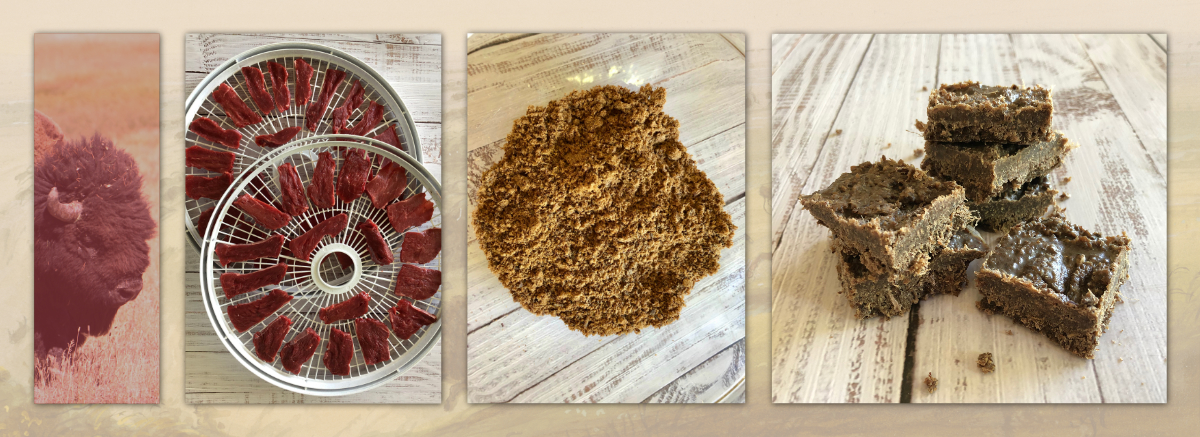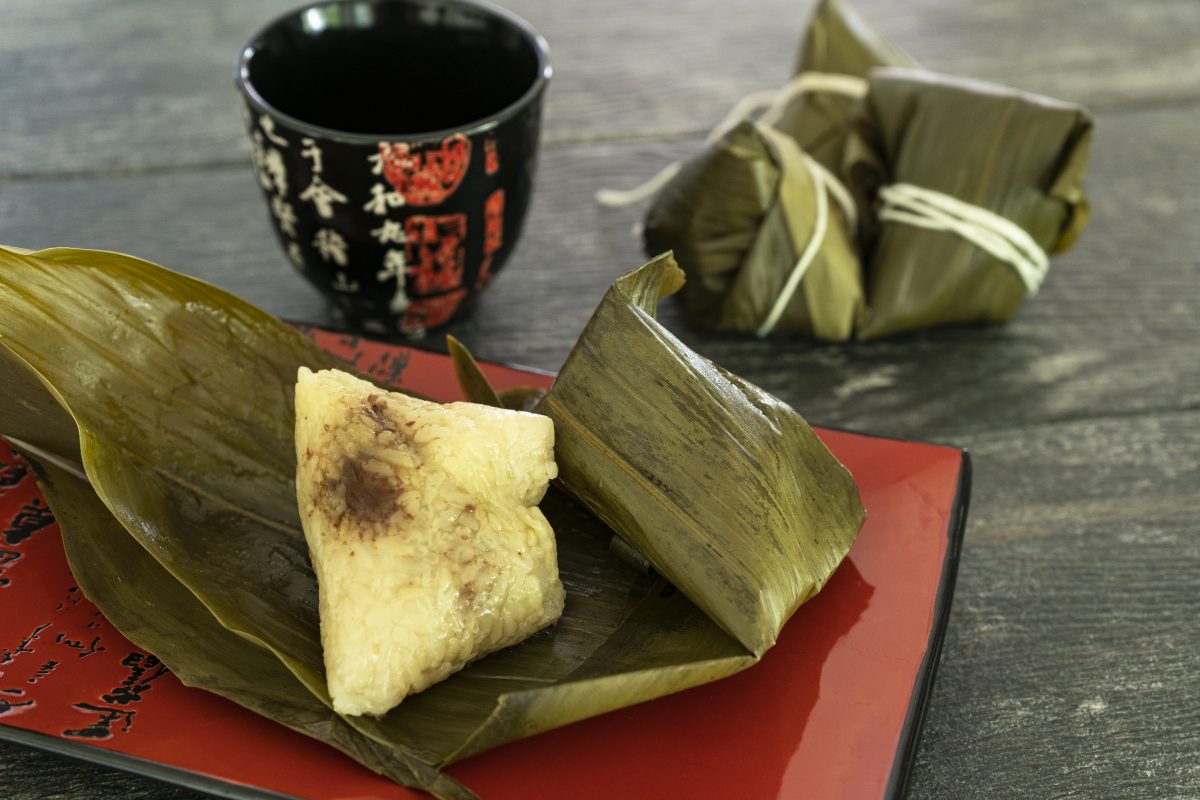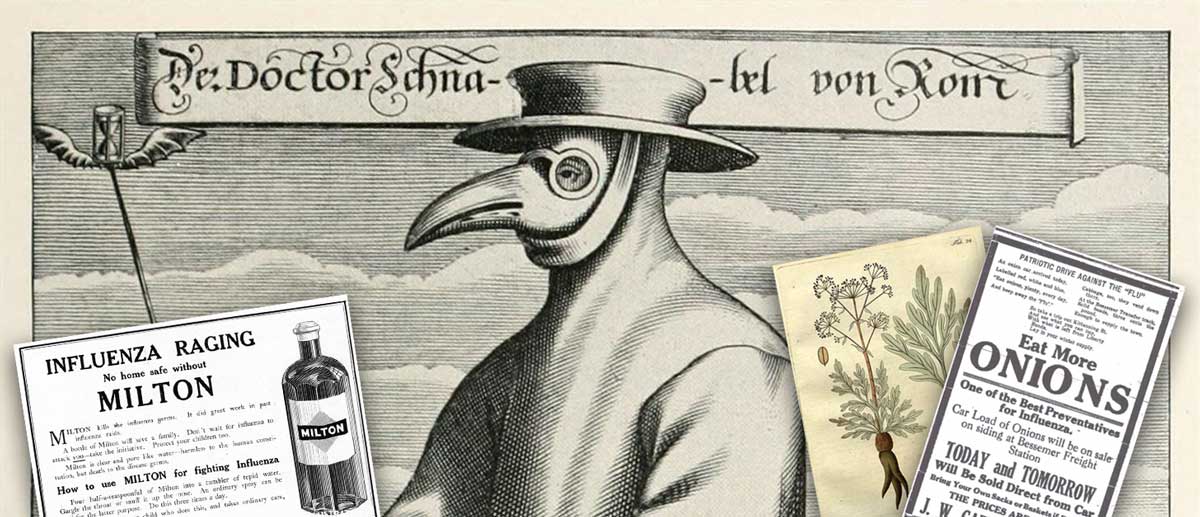The Fifth day of the Fifth month on the Chinese lunar calendar marks the celebration of the Duanwu festival (端午). “Duan Wu”(端午) in Chinese means the beginning of the fifth month. Originating from China, the festival is widely celebrated in East and Southeast Asia with dragon boat racing, eating zongzi rice dumplings, and commemorating China’s earliest known poet, Qu Yuan(c. 340–278 B.C.E). Today most Chinese believe that the festival is to remember the virtues of the patriotic poet who served as a loyal minister of King Huai who reigned from 328 to 296 B.C.E. over the state of Chu. However, the origins of the Duanwu festival have nothing to do with Qu Yuan. Folklorists, historians, and anthropologists have proposed multiple explanations for the origin of the Duanwu festival.
The Duanwu festival as we now know has its roots in plague-prevention rites in the summer solstice and fertility rites to ensure good harvests dating back at least two thousand years in southern China. In this article, we explore the reasons why the Chinese consider the Fifth month of the Lunar Calendar inauspicious and evil as well as the rituals employed to ward off evils.




